Whether it’s a Chai Latte, Hong Kong Milk Tea, British Cream Tea, or your favorite Latte blend…milk is an enduring companion to tea around the world. Tea drinkers from India to England have long reached for milk to smooth, sweeten and intensify the taste of their tea. The array of milk options provides for a personalized experience and offers the freedom to experiment with different combinations to find the blend you like the best. To guide your journey, we’ve provided an infographic below that will help parse down the options to create the perfect pairing.
The first question we encounter is “to milk or not to milk?” It’s a question with no firm answer. Whether or not to add milk is simply a matter of personal preference. It’s a common component in a latte, whether iced or hot. If you’ve never added milk to your tea, we invite you to taste and test…set out on an adventure to explore and broaden what tea can do and be for you.
What Milk Do You Mix With Your Tea?
Fortunately for you, milk options for tea have blossomed with options for every palate and dietary request. The best milk alternative for tea delights your taste buds and your senses in a completely different way. Like our Cult of Flowers, aromatic teas hint at less full-bodied milk than, say, a black tea like Italian Grey Tea.
The infographic below is also available to download and can be your chaperone in the journey of experimentation. We recommend a journal to take notes and record your favorite combinations. We’ll share our favorites with links to recipes, yet challenge you to open your mind and palate to the rich and creamy options available.
Helpful Hints When Considering Milk Options for Tea
For the best flavor profile, we suggest pouring milk first into your cup and then filling in the rest of the way with your steeped tea. This raises the milk to the temperature of the tea, as opposed to the other way around, and results in more even flavor distribution. So for the best taste, just remember “milk first.”
What Milk Is Best for Tea:
We assembled a list of 13 of today’s most flavorful milk options for tea and paired them with our recommended teas. To make it easier, we've divided them into 3 categories:
Download our Milk Guide Here
.png?width=1000&name=Firepot-13-best-milk-alternatives(1).png)
Nut Milk
If your tea-drinking ritual is an exotic trip away from your everyday life, then start with exotic and flavorful nut milk to go with it. Nut milk infuses your tea with the spirit of distant lands and fairy tales filled with flowers and wood sprites.
-
Almond Milk
- Calories: 30 - 35
- Flavor/ taste profile: slightly sweet, a bit nutty, but mild in flavor
- Density: Slightly thinner consistency than dairy milk
- Plant-based: Yes
- Cold/ hot tea: Works best for cold teas
- Tea recommendations: Cardamom Matcha Latte, Yerba Mate Chai Latte, Turmeric Golden Milk Latte
- Calories: 25
- Flavor/ taste profile: Slightly nutty and sweet
- Density: Creamy
- Plant-based: Yes
- Cold/ hot tea: Cold
- Tea recommendations: Dirty Chai Latte, Turmeric Golden Milk Latte, Maple Ginger Matcha Latte
-
Macadamia Milk
- Calories: 50 - 70
- Flavor/ taste profile: Rich, macadamia nut flavor
- Density: Creamy, smooth, and rich
- Plant-based: Yes
- Cold/ hot tea: Both
- Tea recommendations: Cardamom Matcha Latte, Hong Kong Milk Tea
Jump to:
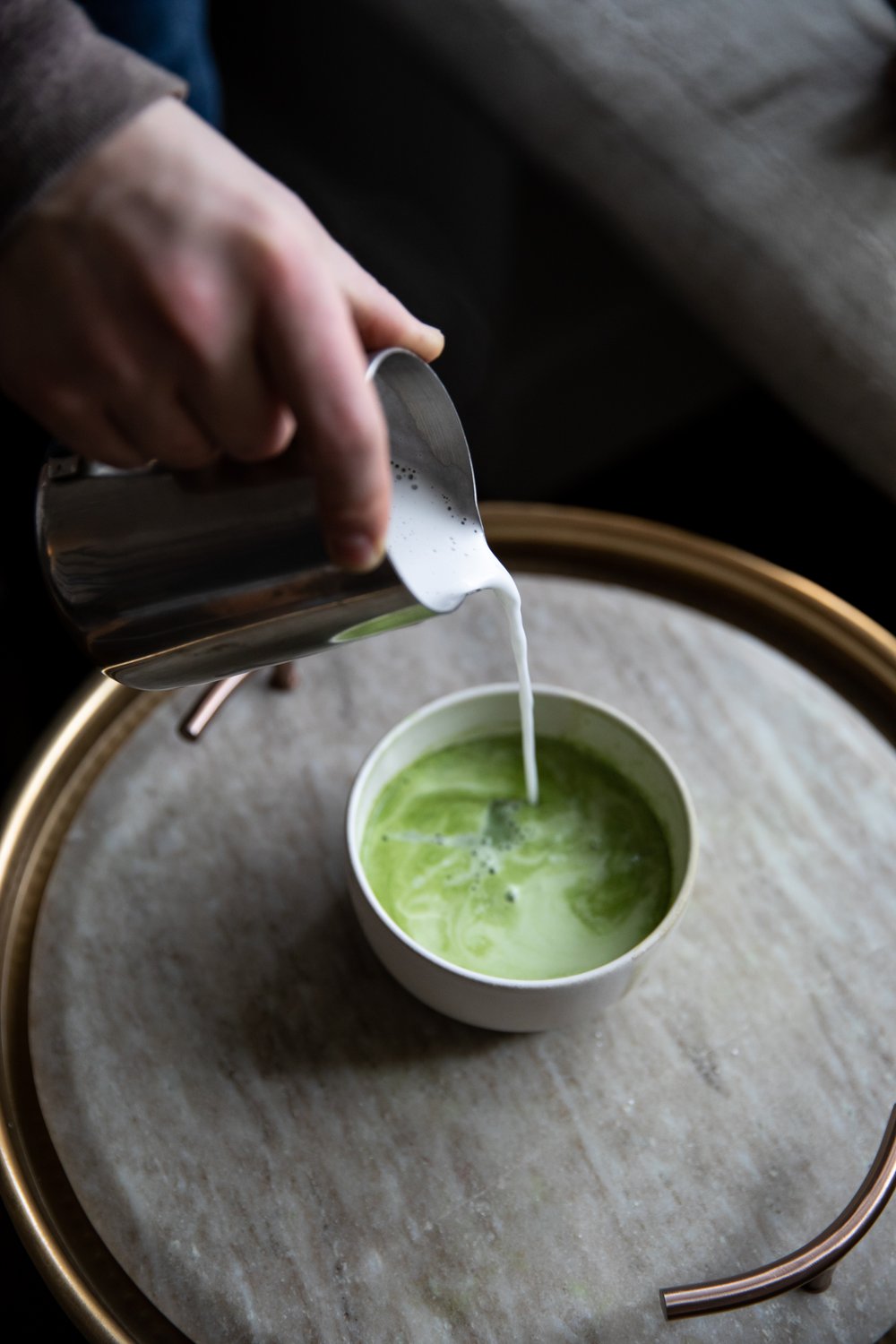
Plant-Based Milk
A tea filled with any of these creamy plant milk adds warmth and soothing richness to your cup. Like your favorite pajamas or
-
Oat Milk
- Calories: 140 - 170
- Flavor/ taste profile: Sweet like oatmeal, mild in flavor
- Density: Creamy, with a thick, rich consistency
- Plant-based: Yes
- Cold/ hot tea: Both
- Tea recommendations: Indian Rose Garden Latte, Strawberry Matcha Latte, Hong Kong Milk Tea, Dirty Chai Latte, Chai Latte
-
Hemp Milk
- Calories: 60 - 80
- Flavor/ taste profile: Nutty flavor, a bit earthy, slightly sweet
- Density: Creamy
- Plant-based: Yes
- Cold/ hot tea: Both
- Tea recommendations: Matcha Latte, Cardamom Matcha Latte
- Calories: 45
- Flavor/ taste profile: Sweet, tastes slightly of coconut
- Density: Light, creamy
- Plant-based: Yes
- Cold/ hot tea: Golden Milk
- Tea recommendations: Iced Chai Latte, Golden Milk Latte
-
Soy Milk
- Calories: 80
- Flavor/ taste profile: Mild, but distinct, a bit beany
- Density: Thin, a good alternative to skim milk
- Plant-based: Yes
- Cold/ hot tea: Cold, unless you heat it before putting it in hot tea
- Tea recommendations: Chai Latte, Matcha Latte
-
Rice Milk
- Calories: 120
- Flavor/ taste profile: Mildest non-dairy milk, naturally sweet
- Density: Very light, slightly watery
- Plant-based: Yes
- Tea recommendations: Iced Dirty Chai Latte
Jump to:
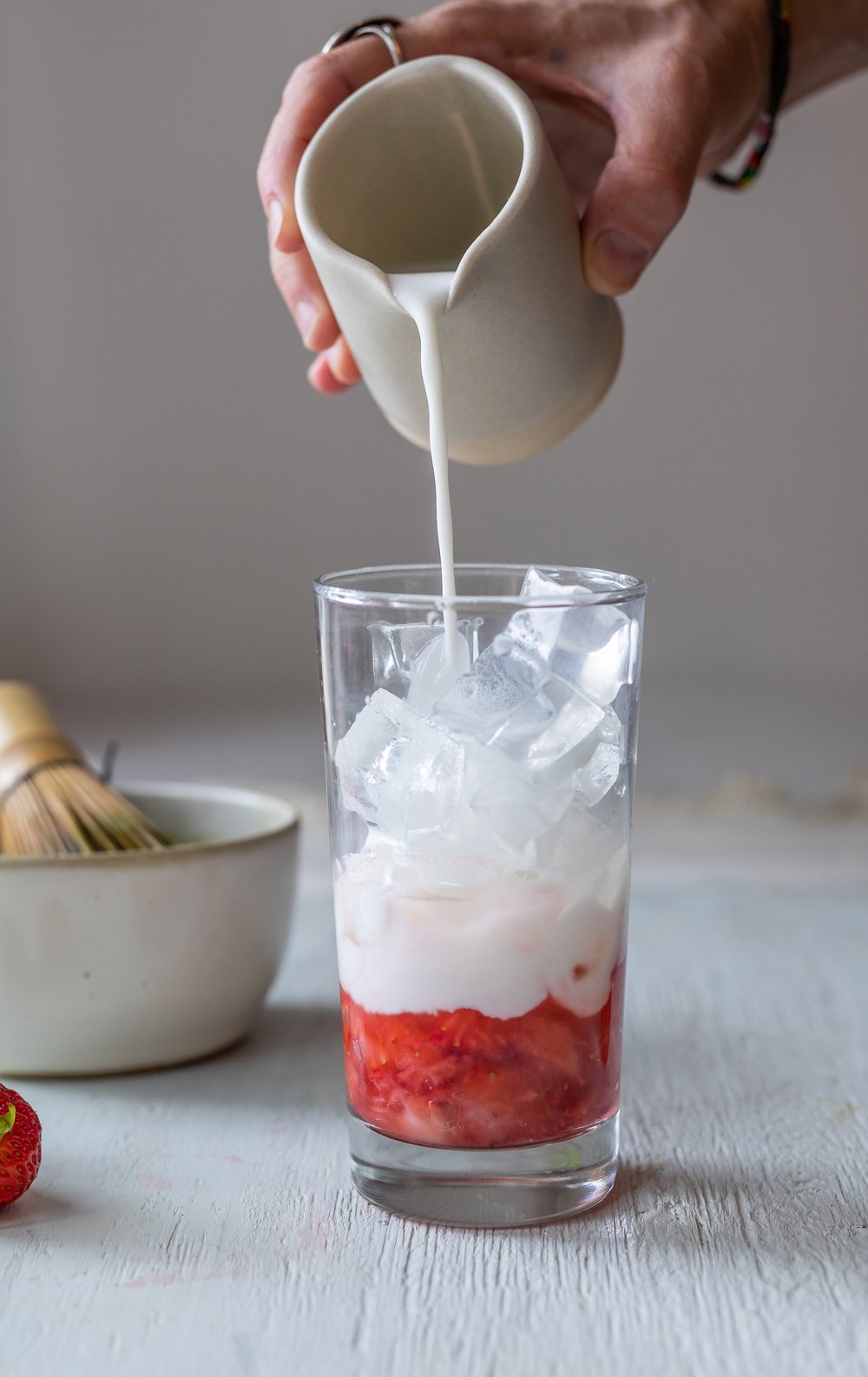
Dairy Milk
For many people, dairy milk in all of its iterations is wholesome is as wholesome does. It’s the milk mustache kind of goodness that reminds us of cold milk and warm cookies at grandma’s house. Whether you choose whole milk, 2% or organic, dairy milk still reigns as one of the best milk alternatives for tea around.
-
Whole Milk
- Calories: 148
- Flavor/ taste profile: Medium to strong flavor
- Density: Rich, creamy
- Plant-based: No
- Cold/ hot tea: Both
- Tea recommendations: Chai Latte, Italian Grey, Firepot Breakfast Tea, Rwanda FBOP
-
Organic Milk
- Calories: 161
- Flavor/ taste profile: Slightly stronger flavor than regular dairy milk
- Density: Thick, creamy
- Plant-based: No
- Cold/ hot tea: Both
- Tea recommendations: Chai Latte, Iced Matcha Latte
-
Lowfat Milk (or 2%)
- Calories: 110
- Flavor/ taste profile: Mild
- Density: Light to medium
- Plant-based: No
- Cold/ hot tea: Both
- Tea recommendations: Chai Latte, Matcha Latte
-
Evaporated
- Calories: 42
- Flavor/ taste profile: Refreshing taste of dairy if served chilled
- Density: Thicker than whole milk, depending on how it’s mixed
- Plant-based: No
- Tea recommendations: Hong Kong Milk Tea
-
Sweetened Condensed Milk
- Calories: 123
- Flavor/ taste profile: Very sweet, almost like syrup
- Density: Thick, creamy, dense
- Plant-based: No
- Cold/ hot tea: Both
- Tea recommendations: Masala Chai, English Cream Tea, Hong Kong Milk Tea
Regardless of which milk options you prefer for different tea combinations, we hope you enjoy the process of learning. It's a personal exploration that yields rich results in taste, health and happiness.
Jump to:
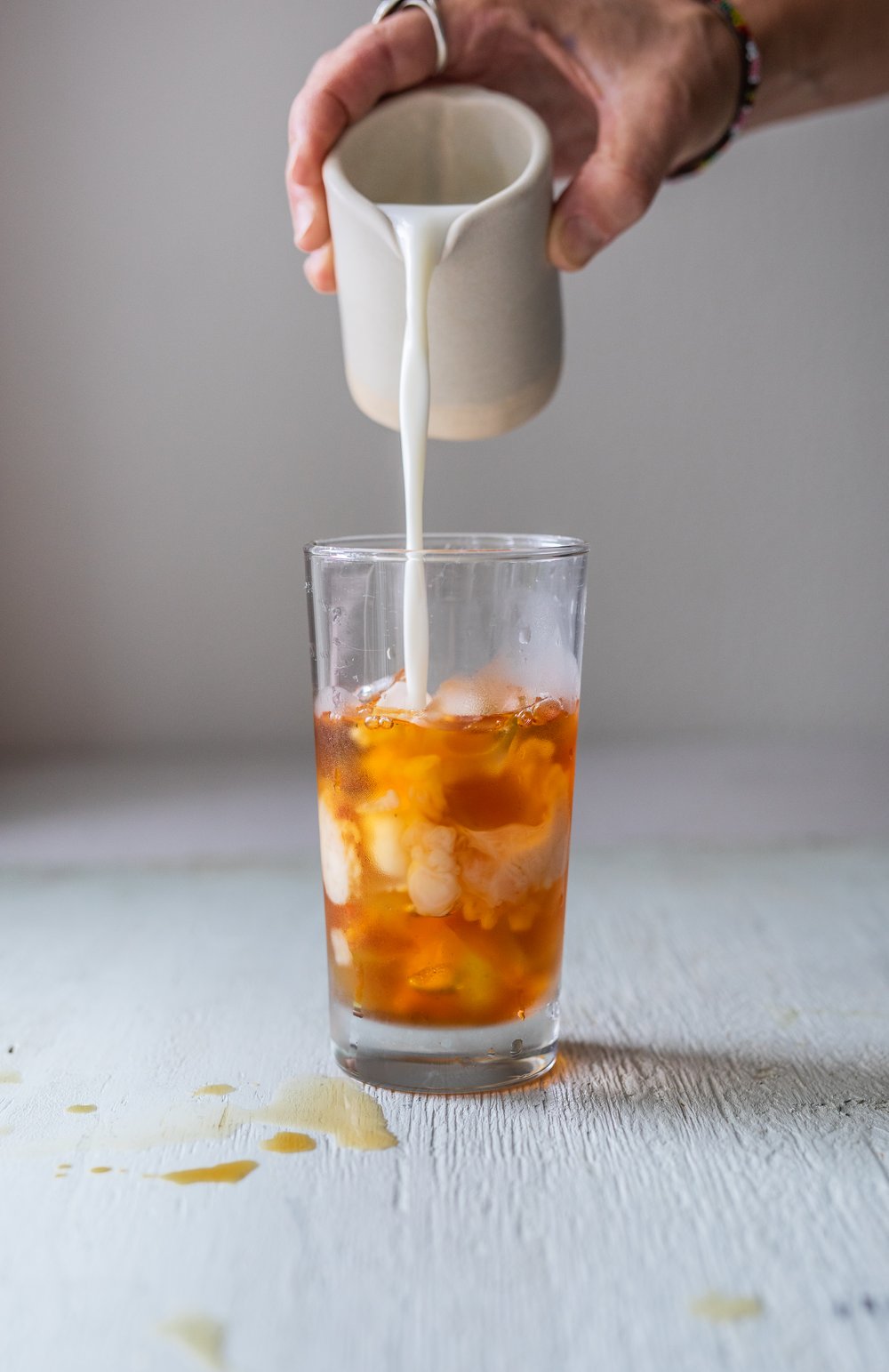

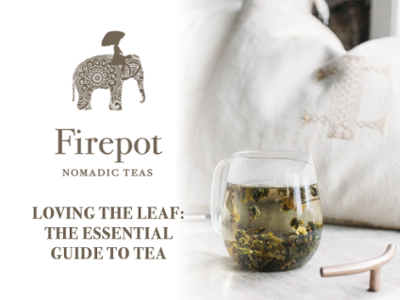
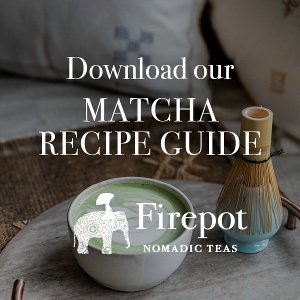
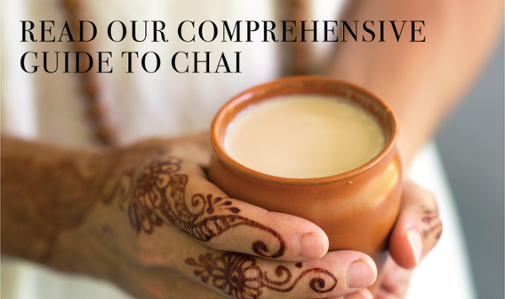

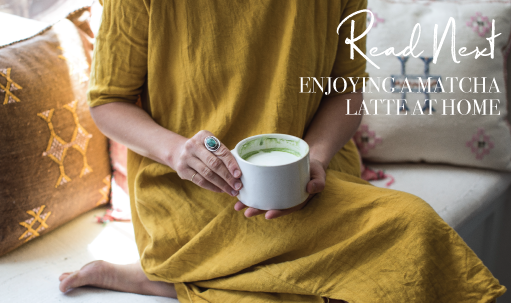


Leave a comment
Comments will be approved before showing up.